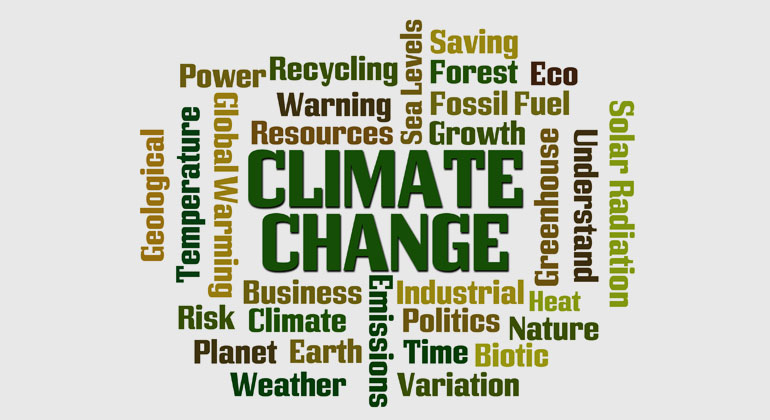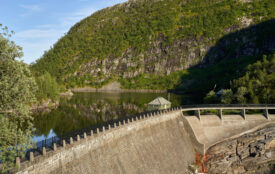Thinking globally and acting locally for climate justice
“Climate change is not only an environmental problem, but also a question of social justice,” emphasizes Dr. Robert Brandt, Managing Director of the German Renewable Energy Agency (AEE). Some population groups, such as socially disadvantaged or indigenous peoples, are particularly affected by the consequences, yet they have hardly contributed to climate change.
On the other hand, as the main polluters, rich industrialised countries bear a special responsibility to reduce emissions and support poorer countries in adapting to climate change. Ultimately, the opportunities and burdens associated with energy transition must be shared fairly. A new AEE background paper shows how climate justice and social justice can be reconciled.
Everyone – regardless of national and ethnic affiliation, gender, age or religion – has the same right to use the earth’s atmosphere and a responsibility to protect it. In addition, everyone has the right to an intact atmosphere. This maxim is summarized under the term “climate justice”. “In reality, the world today is far from a fair distribution of responsibility, duties, risks and opportunities,” Brandt notes. “Some countries and population groups pollute the atmosphere much more than others. Some countries are making greater efforts to reduce greenhouse gas emissions. And finally, some countries and people suffer more from the consequences of climate change than others, while they hardly contribute to it at all themselves”.
Geographically speaking, the island states of the Global South are feeling the effects of climate change most acutely, as the annual World Risk Index of the Development Helps Alliance shows. They also have little room for maneuver and resources to adapt. From a societal perspective, poorer sections of the population and ethnic minorities are particularly exposed to droughts, floods, storms and rising sea levels. Future generations will also feel the consequences much more strongly than the present generation. “Climate justice is therefore also generational justice”, says Brandt.
Polluter pays
The main polluters – i.e., energy-intensive industrialized countries – have a special responsibility to reduce their emissions. While the inhabitants of the world’s poorest countries emit less than half a ton of CO2 per capita annually, the figure in Germany is 8.9 tons. The US, Canada and Australia even emit more than 15 tons per capita. The global average is 5 tons.
Germany ranks fourth in terms of historical emissions. The country therefore has a special responsibility to make an adequate contribution to global climate justice. The energy transition is thus unavoidable, as is a carbon price. “To ensure that these policies do not worsen social injustice at home, the appropriate political framework conditions must be created. There are many approaches on how poorer households could be helped to invest in climate protection”, explains Magnus Doms, the author of the paper. The new AEE background paper “Social justice in climate protection and the energy transition” shows how they fit into a comprehensive perspective on the concept of “climate justice”.
- Download the background paper: Renews Kompakt “Social justice in climate protection and the energy transition”
Source
Renewable Energy Agency (Agentur für Erneuerbare Energien e.V. 2020








